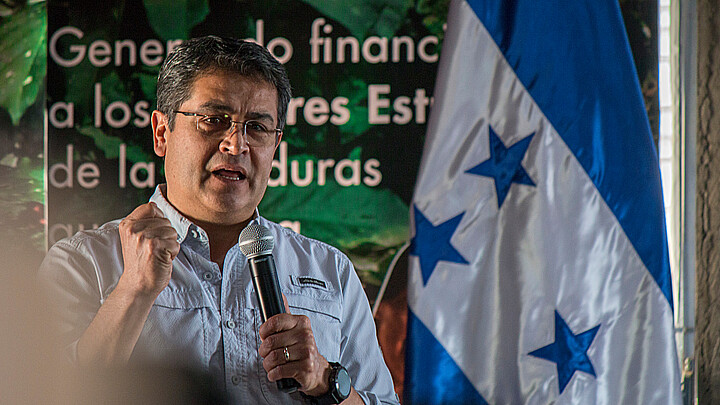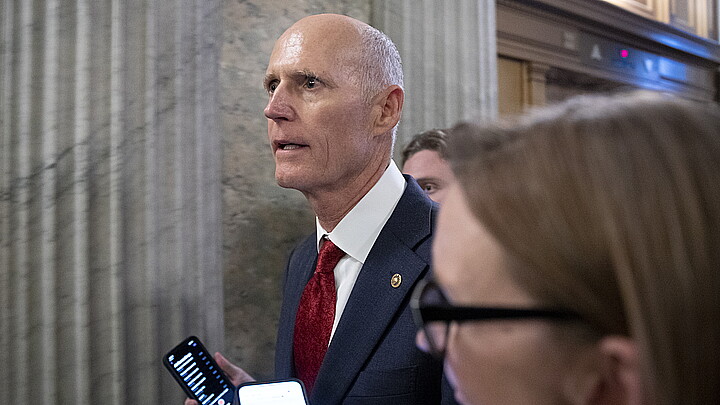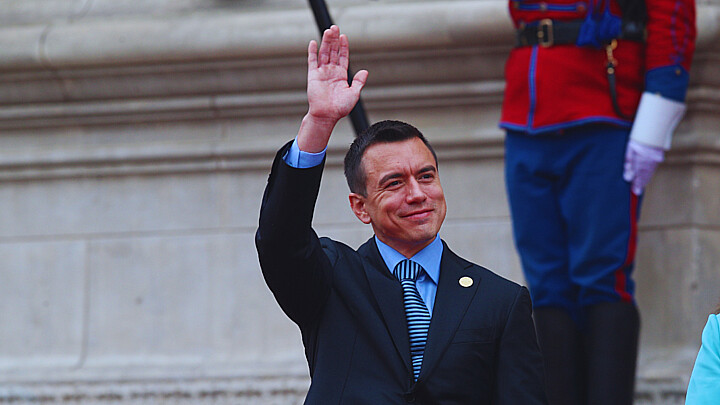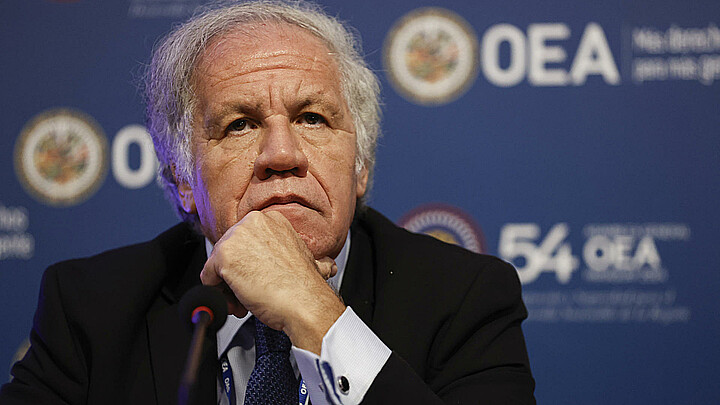Politics
Ecuador arrests reputed Los Lobos gang leader in war against drugs
Ecuador has suffered a serious crime wave for the past five years, resulting in the murder of local mayors of port towns where drug cartels are operating. It also saw the assassination of an anti-corruption presidential candidate earlier this year.
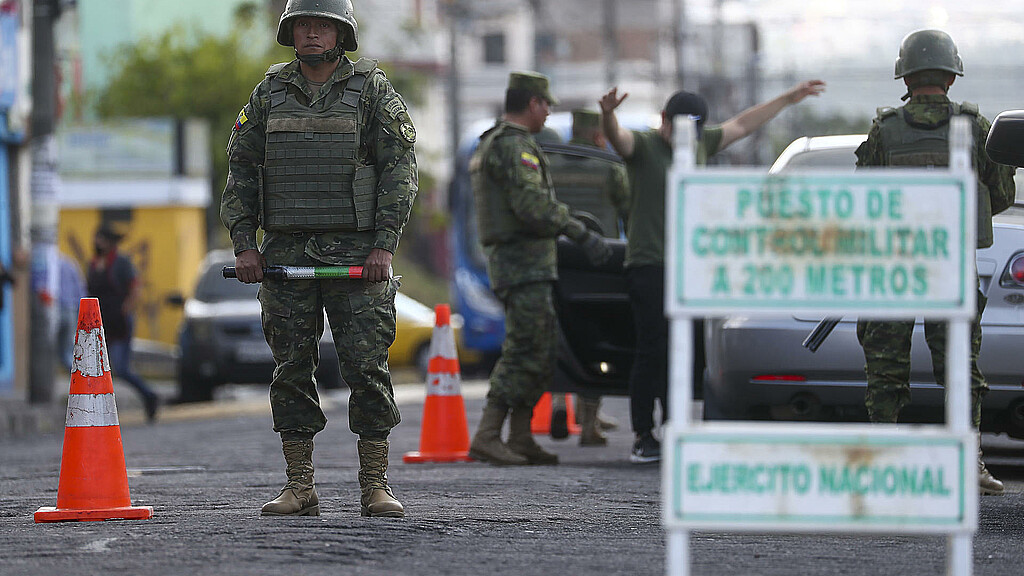
November 27, 2023 9:11am
Updated: November 28, 2023 9:31am
Ecuadorean police arrested the alleged leader of Los Lobos, a powerful criminal enterprise involved in drug trafficking, according to law enforcement reports in the South American country.
The purported gang leader, identified only as Jaime S.C., was taken into custody after law enforcement agents pulled over his luxury car in the port city of Puerto Bolívar. Police said the man arrested was carrying large amounts of cash and was armed.
The detainee did not go quietly, however. Police say that as they were making the arrest, the leader’s gang deputies opened fire at the arresting officers.
One police officer was injured in the shooting, and Jaime S.C. was taken to police headquarters. Since then, the Ecuadorean armed forces have been called in to fortify the police headquarters.
Jaime S.C. was found in possession of $13,500, and reportedly “could not explain” where he got the money from, police said.
Los Lobos, which is Spanish for “The Wolves” is a powerful drug trafficking gang believed to have enlisted about 8,000 members. It is widely known of the most powerful criminal enterprises in the Andean country.
Many of “The Wolves” have been incarcerated from criminal prosecutions, but its leaders still send its soldiers orders from prison, and is responsible for some of the country’s most deadly prison riots.
Los Lobos also has purported connections with the Mexican Jalisco New Generation cartel (CJNG), and the two have collaborated on smuggling cocaine from Colombia through Ecuador's port cities across the Atlantic to Europe and through the Caribbean to the United States
Ecuador has suffered a serious crime wave for the past five years, resulting in the murder of local mayors of port towns where drug cartels are operating. It also saw the assassination of an anti-corruption presidential candidate earlier this year.
On August 9, Fernando Villavicencio, a 59-year old member of the country's national assembly and renowned career political journalist, was assassinated as he left a rally in the northern city of Quito.
The candidate’s campaign team told local media Villavicencio was killed while getting into a car. As he approached the vehicle, an unidentified man walked up and shot him at point blank range in the head three times.
His killing led to a transnational law enforcement effort to hunt the masterminds of the assassination, which followed the death of two other politicians who were killed earlier: Manta Mayor Agustín Intriago and Omar Menendez, a candidate for mayor in the city of Puerto López—both port towns engulfed in drug trafficking.
Reports indicate that the South American country’s murder rate has quadrupled between 2018 and 2022.
The crime wave became so significant, that the country’s last president, Guillermo Lasso invoked a special part of the constitution, which allowed him to enact martial law and suspend the parliament by promising to step down from power.
Lasso suspended parliament and amplified law enforcement efforts to get the country under control, and then abdicated power as promised.
His successor, Daniel Noboa, was sworn in as the country's new president on Thursday. The new president has pledged to fight drug trafficking and bring the gangs to justice.
On his first full day in office, he followed the New York Police Department’s “Broken Window Theory,” which suggests enforcing the law against small crimes helps prevent larger ones.
Noboa repealed a policy that permitted the possession of small quantities of drugs, saying that it was leading to “micro-trafficking” in schools and “creating an entire generation of drug-addicted children.”
Noboa surprised Ecuador after he emerged victorious in a presidential runoff election in October. The 35-year old business minded centrist Daniel Noboa won by about four percentage points amid an ongoing crime wave that captivated South American media.
His victory was considered an upset over his left-leaning opponent, Luisa González, who was considered the favorite in the election.

